The longest government shutdown in modern American history is about to end, after a handful of Democratic senators this weekend decided to provide Republicans enough votes to pass a short-term funding plan that would keep the government running until the end of January 2026. The plan, which was approved by the Senate on November 10, 2025, will prevent a government shutdown that had been looming since the previous week, when Congress failed to pass a new spending bill.
According to sources, the short-term funding plan was approved by a vote of 62-37, with five Democratic senators joining Republicans to provide the necessary votes. The senators who voted in favor of the plan were Angus King of Maine, Maggie Hassan of New Hampshire, Catherine Cortez Masto of Nevada, Jeanne Shaheen of New Hampshire, and Tim Kaine of Virginia.
"I think it's a good compromise," said Senator King, who is an Independent but caucuses with the Democrats. "We're not getting everything we want, but we're not getting nothing either. It's a step in the right direction."
The decision to support the short-term funding plan was seen as a surprise by many in the Democratic Party, as it went against the party's initial stance of opposing any measure that would fund the government without addressing their demands for immigration reform and other priorities.
"This was a strategic decision by the Democratic leadership to avoid a government shutdown," said Dr. Maria Rodriguez, a political scientist at the University of California, Berkeley. "They knew that a shutdown would have been unpopular with the public, and they didn't want to take the blame for it."
The government shutdown had been looming since the previous week, when Congress failed to pass a new spending bill. The shutdown had been caused by a disagreement between Democrats and Republicans over funding for various government agencies, including the Department of Homeland Security.
The short-term funding plan will keep the government running until the end of January 2026, when Congress is expected to pass a new spending bill. The plan will also provide funding for various government agencies, including the Department of Homeland Security.
The decision to support the short-term funding plan has been met with criticism from some in the Democratic Party, who argue that it was a mistake to compromise on the party's priorities.
"I think it was a mistake to support the short-term funding plan," said Representative Alexandria Ocasio-Cortez, a Democrat from New York. "We should have stood firm on our demands for immigration reform and other priorities."
The current status of the government shutdown is that it is set to end on November 15, 2025, when the short-term funding plan takes effect. The next developments in this story are expected to come in January 2026, when Congress is expected to pass a new spending bill.
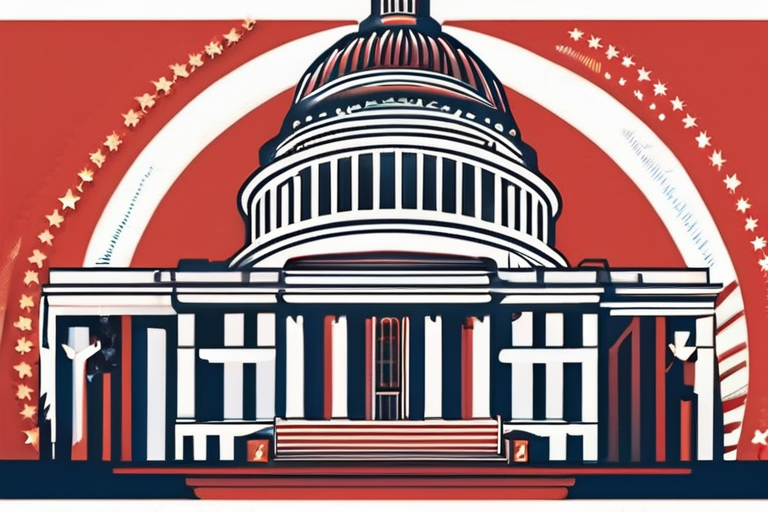


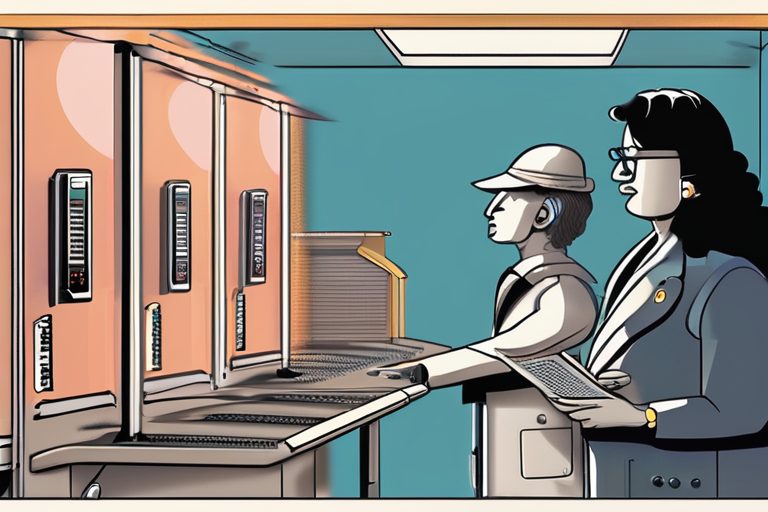


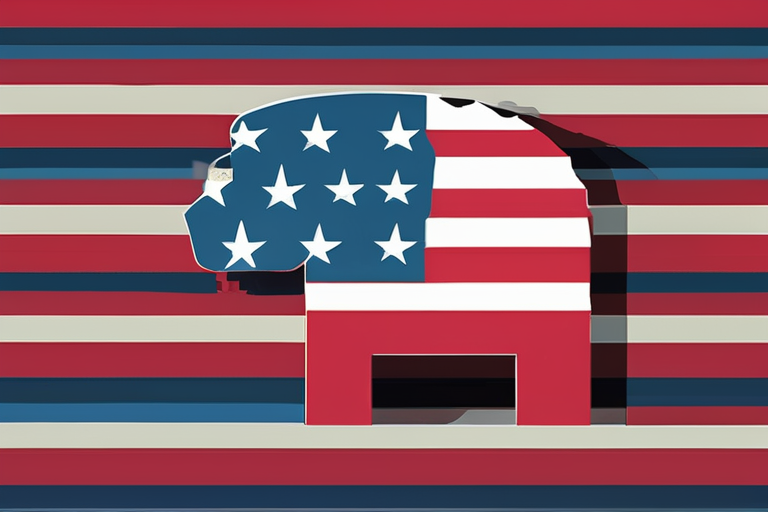
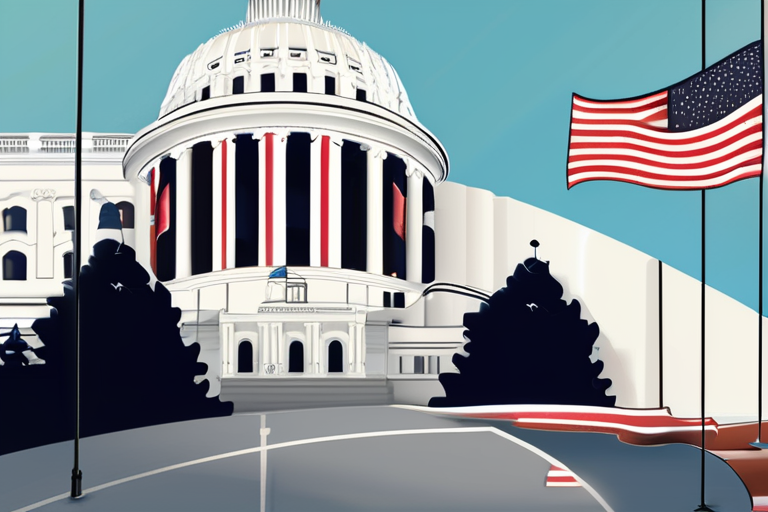


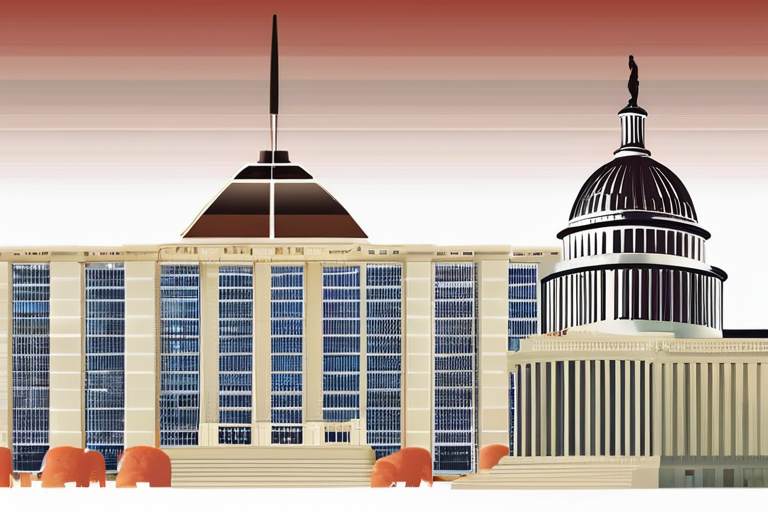
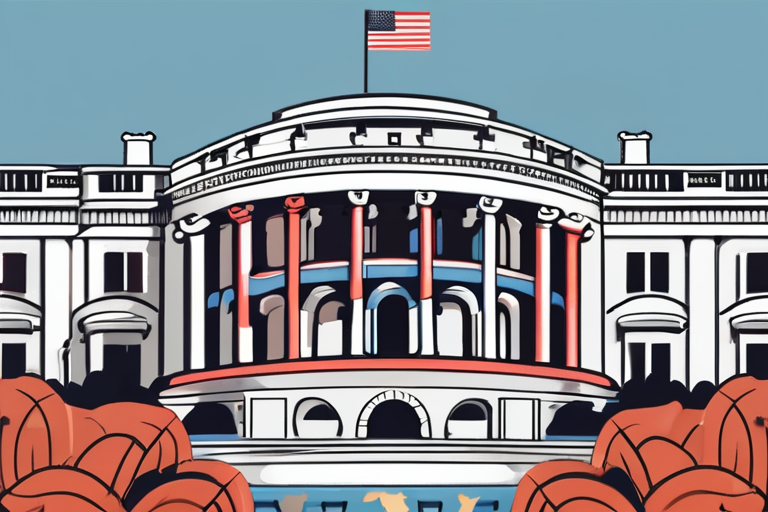
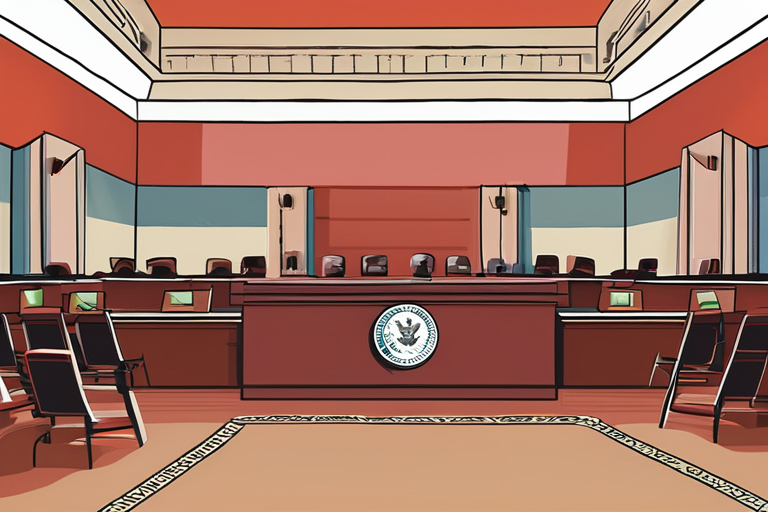
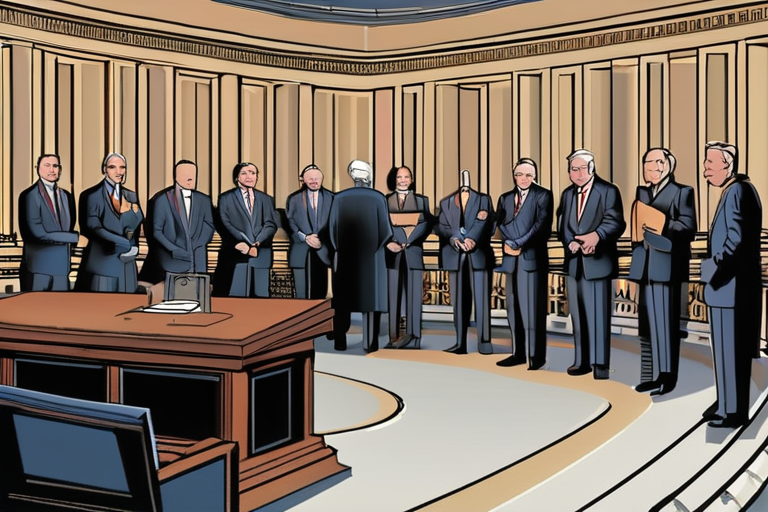

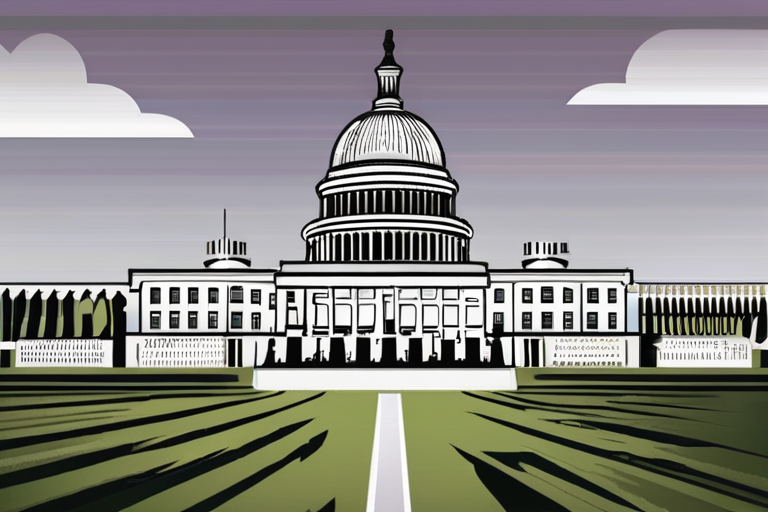

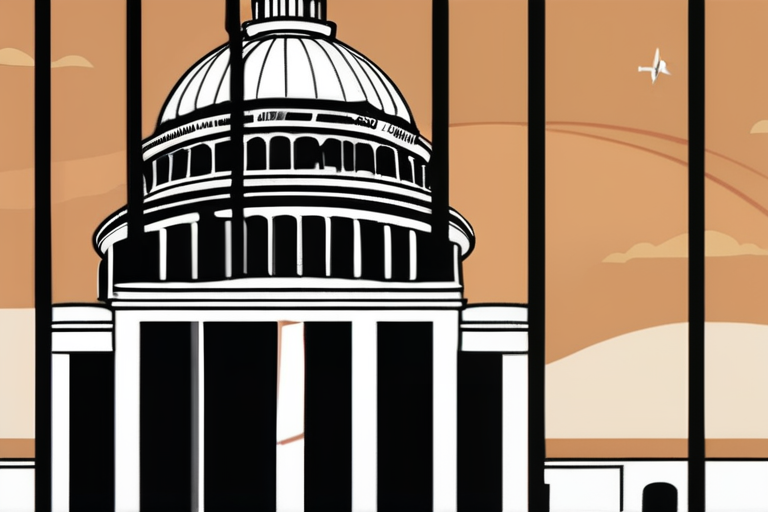
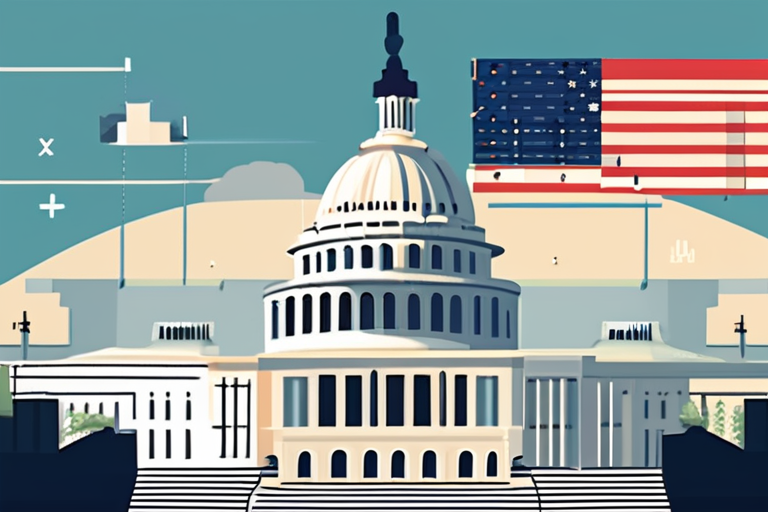
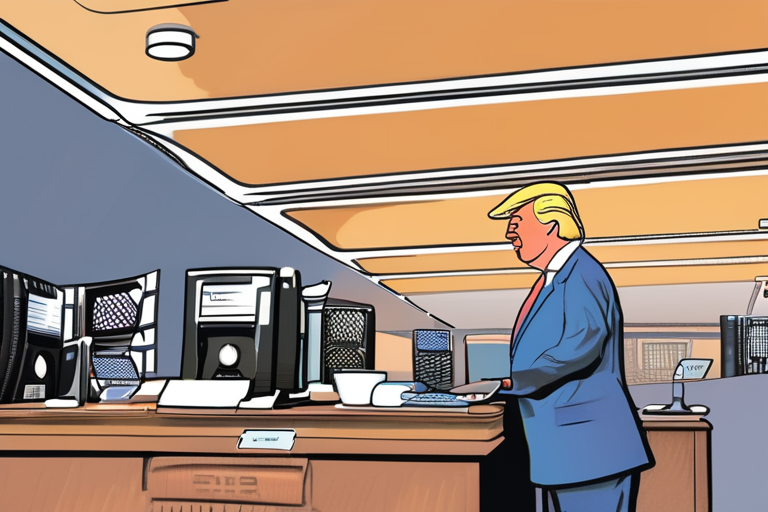
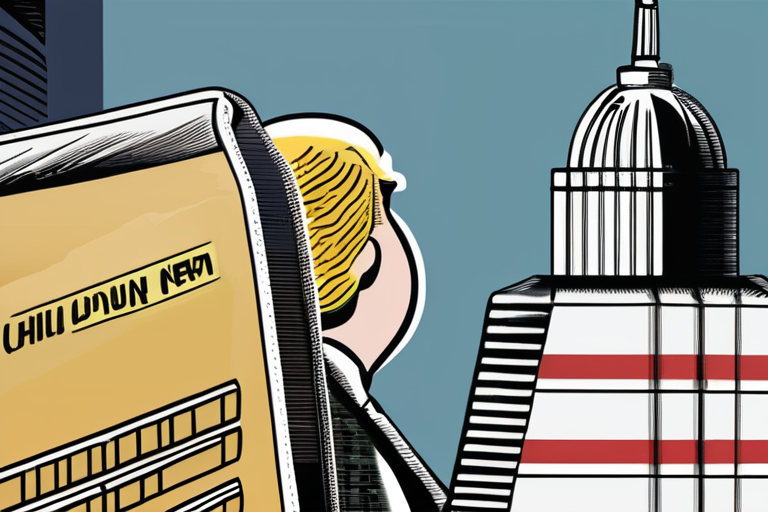
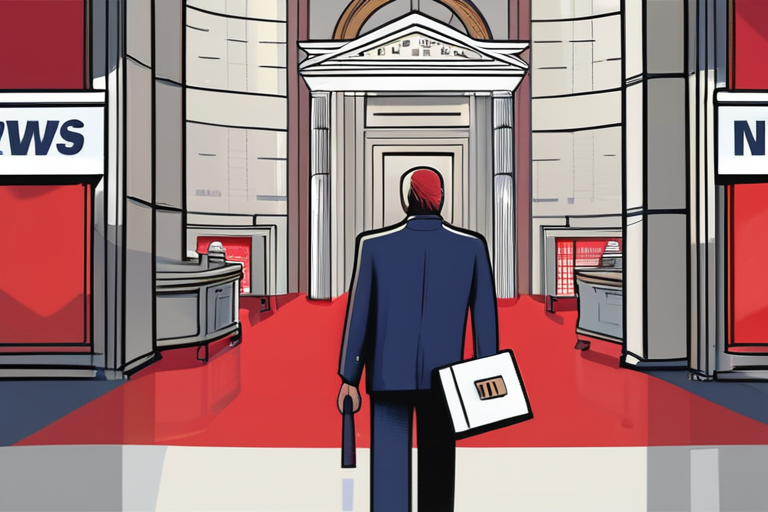
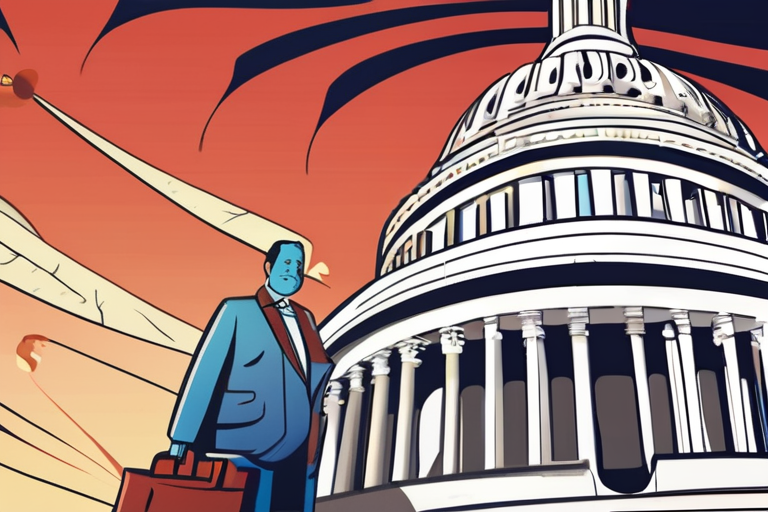
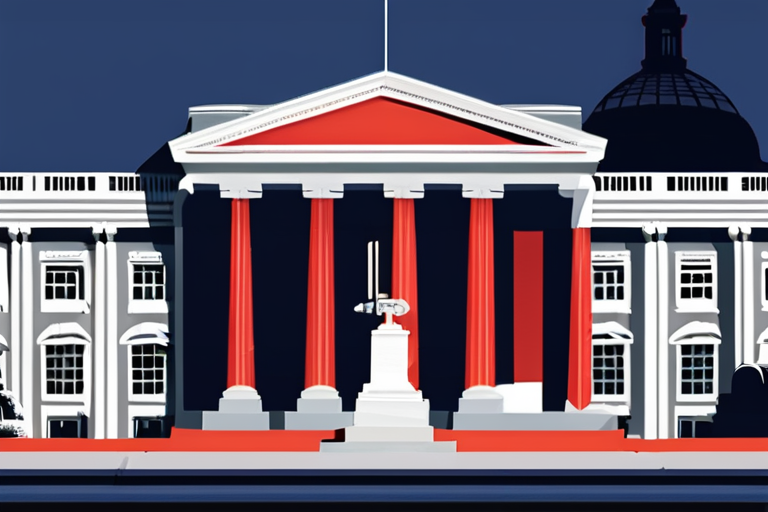
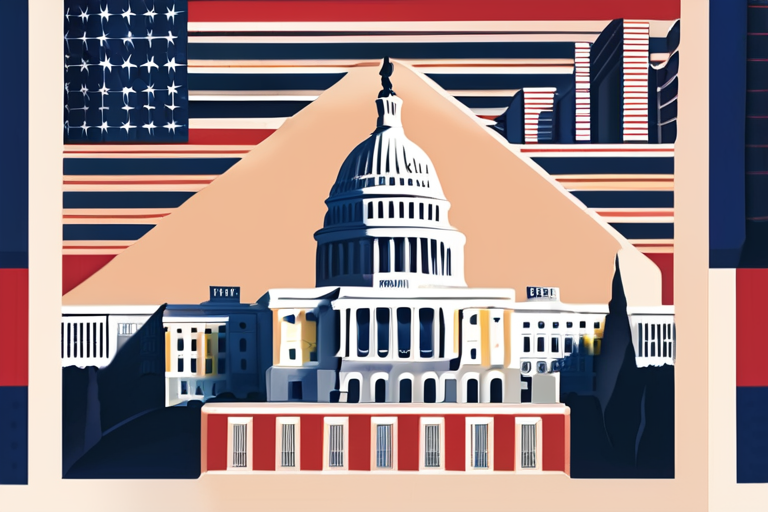

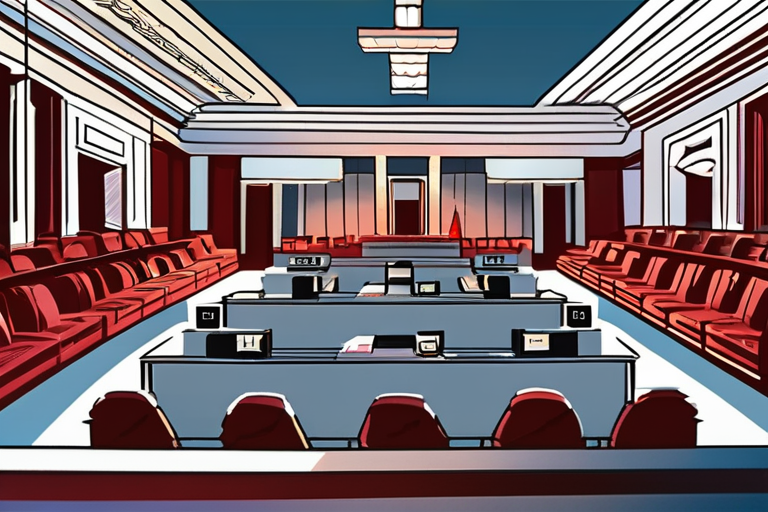
Share & Engage Share
Share this article